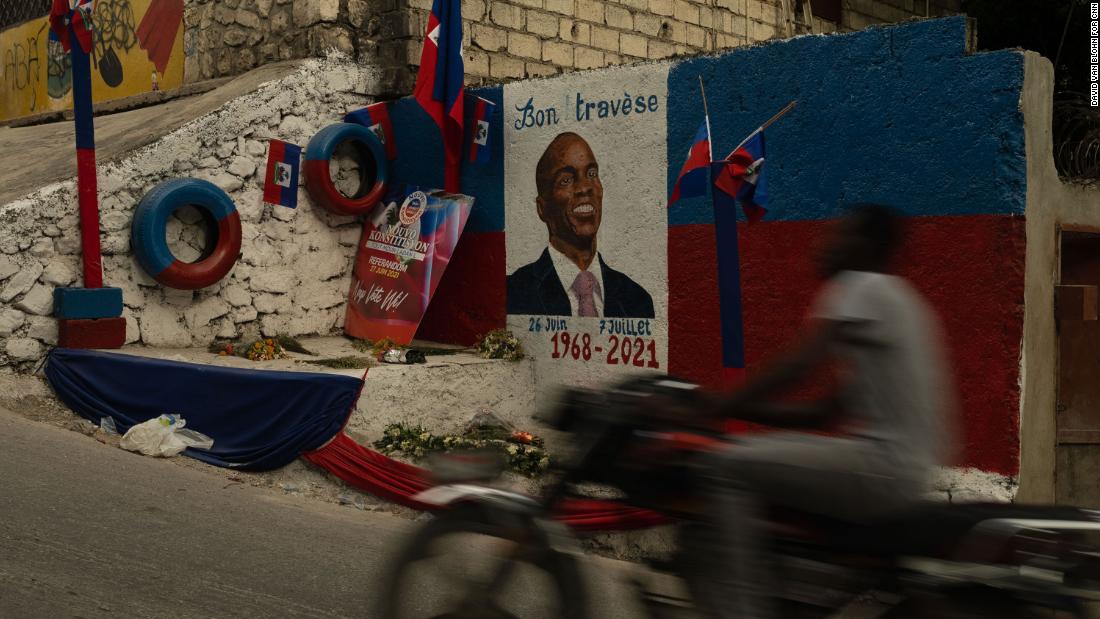With Support for Gun Control More Popular Than Ever, Where’s the People’s Mandate?
In this column for our Viewpoints series, Gregg Barak questions how simple measures supported by the majority of Americans have not been adopted, particularly in the wake of recent tragic mass shootings.

We may not be living exactly in Gil Scott-Heron’s “B” Movie: Mandate my ass! But we are certainly living in an American dystopia where systems of democracy, justice and peacemaking are still very much broken, and these conditions are only getting worse.
The five recent shootings in California, Iowa and Washington that left 24 dead exemplifies another case of American exceptionalism: “Only in America do we see this kind of carnage, this kind of chaos, this kind of disruption of communities and lives and confidence and sense of safety and belonging,” so spoke California Gov. Gavin Newson after his state in less than 48 hours suffered its three latest mass shootings in Monterey Park, Half Moon Bay and Oakland.
Back in the 1980s when the African American soul singer, jazz poet, musician, and author was at the top of his game, two of Scott-Heron’s most prominent poems, The Revolution Will Not Be Televised and “B” Movie captured the zeitgeist of the era. Delivered then over jazz-soul beats, these songs are also credited for being a major influence on hip hop music.
“B” Movie was a riff on President Reagan where Scott-Heron called out how the American public was meant to believe that 26% of all eligible voters was a mandate.
Today, when real “bipartisan” mandates exist that support significant legislative “gun control” reforms, it does not happen because of the resistance and deference of GOP lawmakers to the gun manufacturing lobbies.
According to data from the Gun Violence Archive, since January 1 to January 23 there were “at least 39 mass shooting with four or more injuries or deaths in the U.S.” This broke last January’s previous record high month of 34. Between 2014 and 2022, these mass shootings represent a 33 percent increase over the average number of 25 mass shootings for the month of January.
In the United States between 2017 and 2022, 3,048 people died in mass shootings. This represented 100 more deaths than any other six-year period over the past 56 years, according to the Violence Project that has been tracking gun violence since 1966.
And data from the CDC reveals that 19,384 persons were killed by guns in 2020. An international comparison of gun-related killings as a percentage of all homicides in the U.S., Canada, Australia, and the UK revealed respectively: 79 percent, 37 percent, 13 percent and 4 percent.
Firearms ownership, deaths and lack of gun legislation are features of American backwardness despite polling that reveals: 83 percent of Americans support requiring background checks for private and gun show sales; 72 percent support a national “red flag” law and licensing before gun purchases; 61 percent and 57 percent support banning respectively the sale of high-capacity magazines and semi-automatic weapons.
Now that we are living with mass shootings as almost daily fare, it is long past due that these gun reforms and others were implemented by our lawmakers, most notably the facilitation of gun manufactures liability lawsuits that are presently too difficult to bring to court.
These laws would have some impact on reducing the number of incidents as well as the number of deaths from mass shootings. However, these mass killings from high-powered gun violence represent less than 10 percent of those humans who meet their demise from guns annually in America.
More fundamentally, the problem of America’s gun culture and its legitimation of violence runs much deeper than the prospects for gun control because as Jamil Al-Amin (H. Rap Brown) once explained, “Violence is as American as cherry Pie.”
Gregg Barak is an emeritus professor of criminology and criminal justice at Eastern Michigan University. The author of many books including, Violence and Nonviolence: Pathways to Understanding (2003) and most recently Criminology on Trump (2022). Barak is currently writing the sequel, Criminalizing a Former President: The Case of Donald Trump and the Missing Struggle for a New Democracy.

 Landwebs
Landwebs 


















/cdn.vox-cdn.com/uploads/chorus_asset/file/24430706/elon_musk_twitter_for_you.png)


